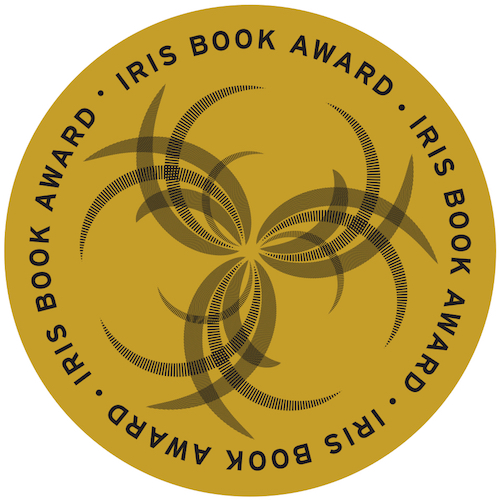The Iris Book Award is an annual prize of $2000 given to an outstanding work at the intersection of science, religion, and technology. Specifically, the prize recognizes scholarship that, in explicit or implicit ways, offers new insights into the meaning and status of the human being in relation to powerful cultural and historical forces emanating from religion/theology, nature, science and/or technology.
Previous winners:The Songs of Trees: Stories from Nature’s Great Connectors (Viking, 2017) by David George Haskell and Divine Variations: How Christian Thought Became Racial Science (Stanford University Press, 2018) by Terence Keel.


